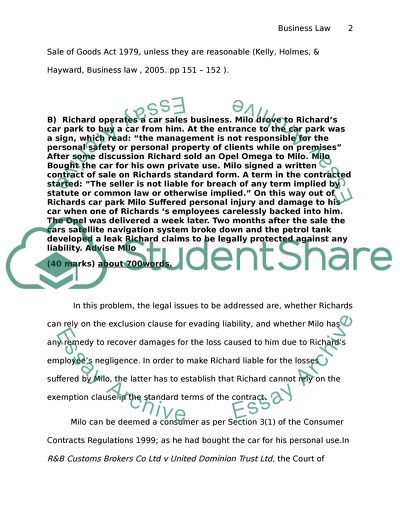Cite this document
(The Law of Business Assignment Example | Topics and Well Written Essays - 1750 words, n.d.)
The Law of Business Assignment Example | Topics and Well Written Essays - 1750 words. https://studentshare.org/law/1726209-law-for-business
The Law of Business Assignment Example | Topics and Well Written Essays - 1750 words. https://studentshare.org/law/1726209-law-for-business
(The Law of Business Assignment Example | Topics and Well Written Essays - 1750 Words)
The Law of Business Assignment Example | Topics and Well Written Essays - 1750 Words. https://studentshare.org/law/1726209-law-for-business.
The Law of Business Assignment Example | Topics and Well Written Essays - 1750 Words. https://studentshare.org/law/1726209-law-for-business.
“The Law of Business Assignment Example | Topics and Well Written Essays - 1750 Words”. https://studentshare.org/law/1726209-law-for-business.


